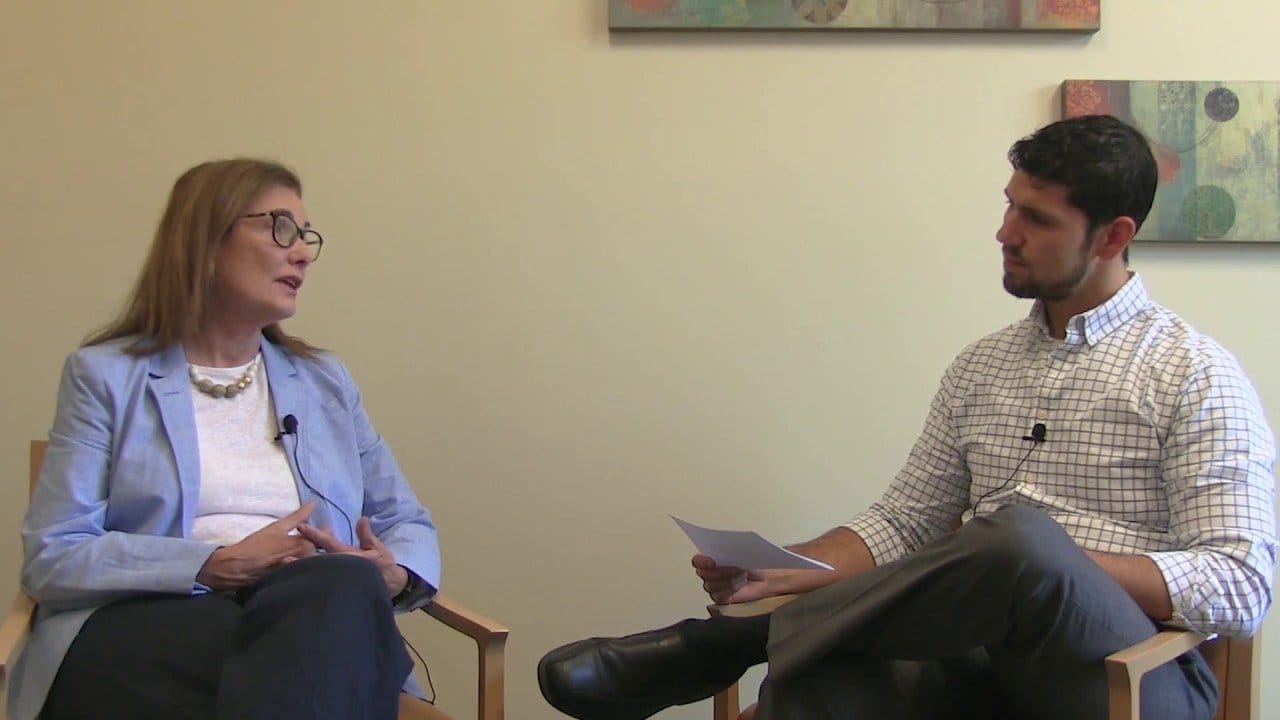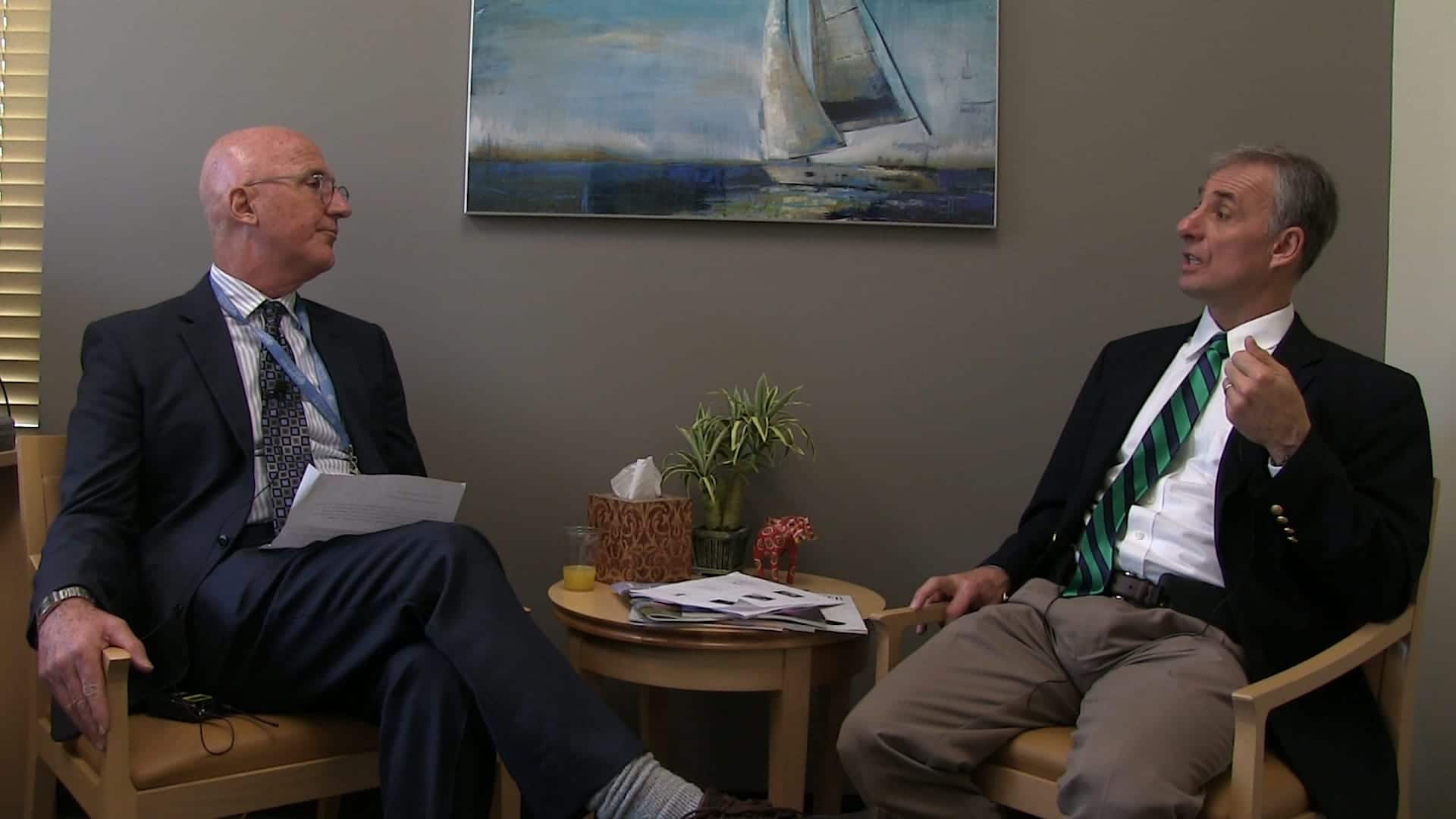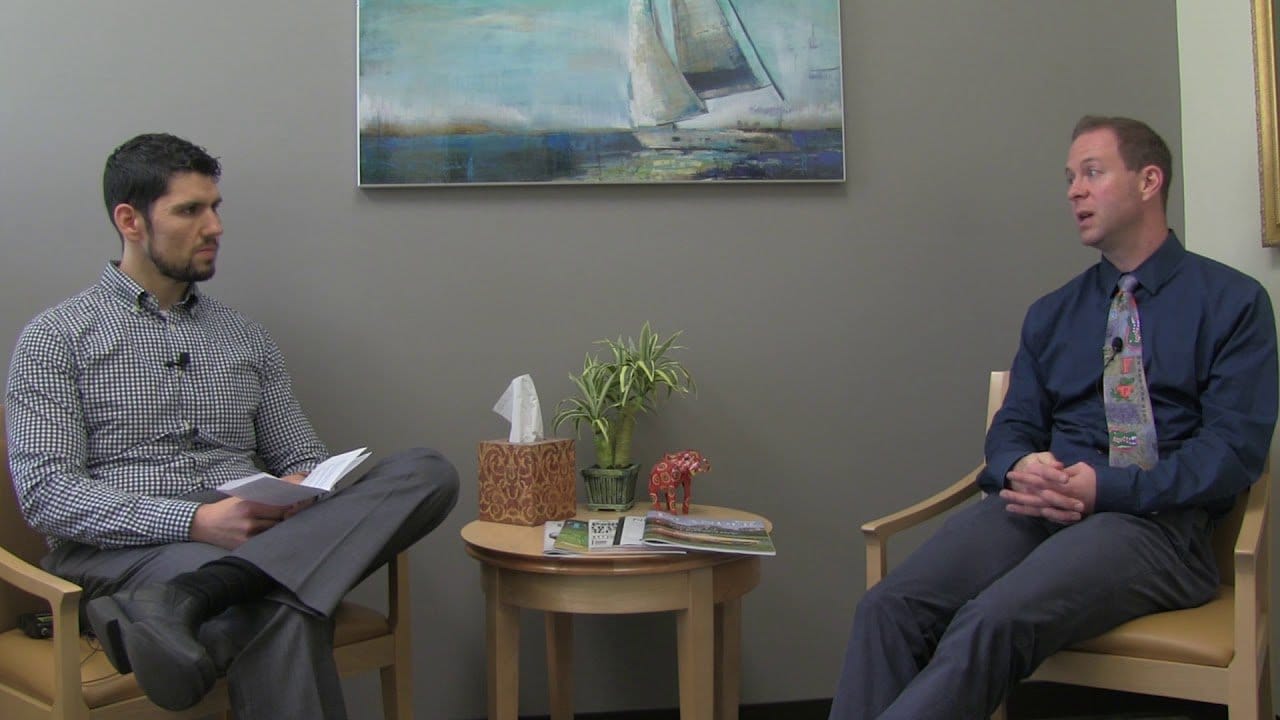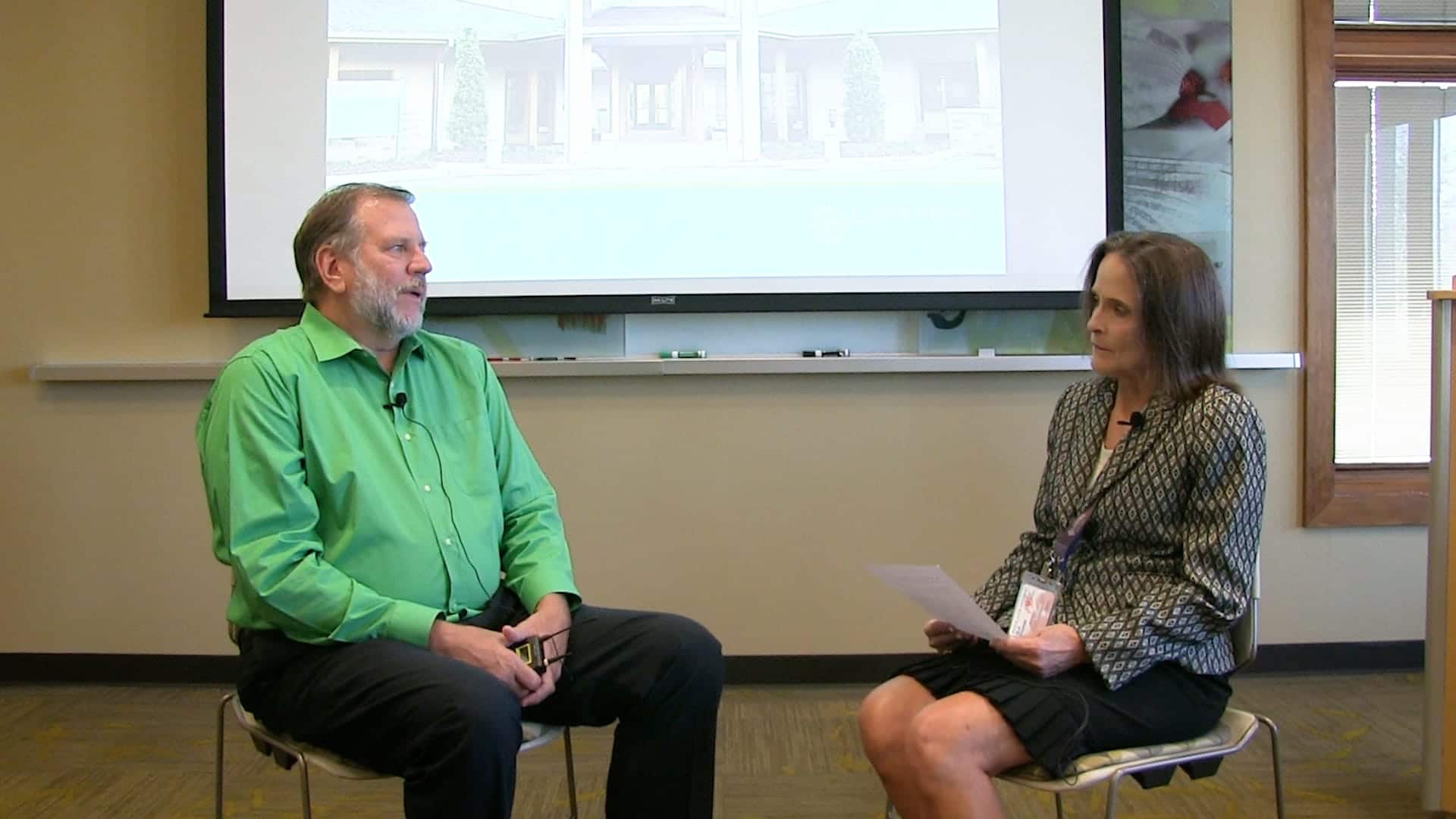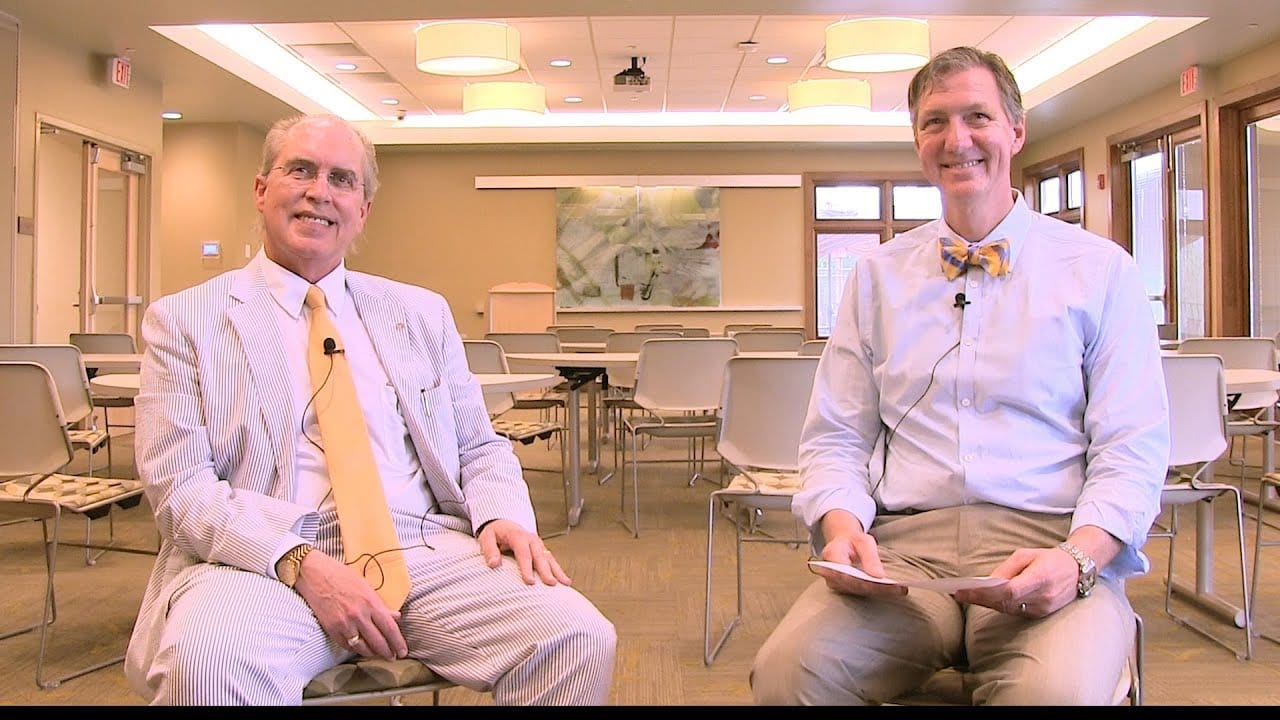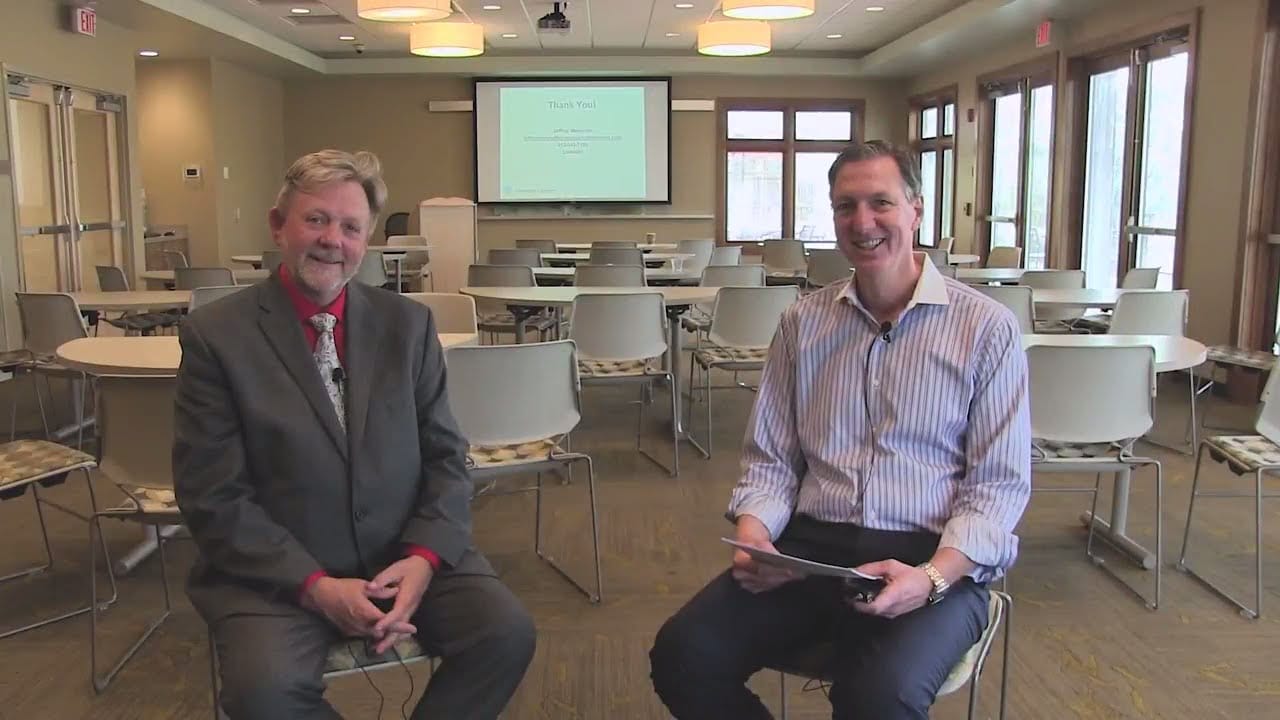

By: Lakeview Health
In this podcast, what happens after treatment? Wendy Kimball of RecoveryAssurance describes how aftercare plans, monitoring, coaching and involvement of family members can be part of the base of support after patients leave treatment.
Podcast Transcript
Gina Thorne: Hello everyone. This is Gina Thorne with Lakeview Health and I’m here today with Wendy Kimball from Recovery Assurance, and we’re here to talk a little bit about what happens after treatment. Welcome, Wendy. Wendy: Thank you. Gina: Tell us a little about your background and how you got into the field of addiction? Wendy: Sure, well thank you for having me. My background is as an (LPC), a licensed professional counselor with a master’s degree in addiction counseling. I have a history of work in employee assistance program settings, where we identify and assess for a lot of addiction and substance use disorders. So for the past 4 or 5 years, I’ve been working on the other side of the spectrum with aftercare, continuing care treatment and monitoring treatment. Gina: And we all know that treatment, of course, could be anywhere from a few weeks to 90 days or more, but many people always wonder that big question mark after treatment: What happens, how do I help that person stay sober after they leave treatment? Your program, Recovery Assurance, helps with that. Could you tell us a little bit about that? Wendy: Absolutely, so I think as a society we’re really shifting towards the direction of seeing addiction treatment as a much longer-term program and a more of a continuum of care. So what happens when you leave treatment varies for everybody and there’s different approaches that work best for different people. But our program in particular is modeled after programs that have been around for many years, specific for healthcare professionals and physicians, who are often required to participate in monitoring programs. Our program offers the same kind of support and accountability to the rest of the world. The program involves drug testing and reporting, for the accountability component. It also involves a lot of coaching support, advocacy, conversations and support for family members and loved ones of the participant. That is all provided remotely, by phone, by a licensed counselor or advocate. Gina: And so do you find that there’s a higher success rate when people participate in an aftercare program like this? Wendy: Absolutely. I think we are starting to come around to the idea that the gold standard for addiction treatment is really residential care, followed by ongoing therapy with a monitoring component. Most of us who work in this field look at statistics and see that it about a 50-50 chance after leaving in-patient or residential treatment for addiction whether or not folks stay sober a year out. With our program, our early results in statistics show more like a 75-80 percent recovery rate or success rate as far as completion of a year in the program. Gina: And that’s really, pretty significant when you think about how relapse can be so prevalent in that first year. Many people equated that having a monitoring component to your treatment after you leave is almost like purchasing a life insurance policy or an extended policy to your treatment experience because it allows for greater accountability. How do you see this program being separate or different from, say, a 12-step sponsor? What is the difference between the work that you all do and what our 12-step community does? Wendy: That’s a great question and I always like to be clear that a monitoring program like RecoveryAssurance doesn’t replace in any way the value of a 12-step program, a sponsor, a home group and all that goes along with participation in a group like that. What we do is really help encourage people to get involved and stay involved in a group like that, and make sure it becomes an integrated part of their recovery. The relationship with a sponsor is very different than the relationship with a licensed advocate. Our job is to hold an individual participant accountable to his or her continuing care plans, commitment to our recovery, including a 12-step component. But it’s a relationship that’s more professional than the relationship between sponsor or a 12-step group or an individual, because the care provided is by a licensed clinician, someone really trained to look at early indicators of relapse, to intervene appropriately, to involve the family and also to report to employers or anybody else involved in that individuals care and recovery. Gina: And you mentioned family being a part of this process. There’s a lot of conversation with monitoring about taking care of the individual and the patient, so where would the family fit in with the program? Wendy: Well, any participant that is involved with RecoveryAssurance at the front end of their initiation to the program, we ask for them to sign releases to anyone involved in their care, including any loved ones who are significant in their recovery. And once we have those releases in place, we reach out to family members and loved ones on a regular basis, typically about every week or so. It could be every day if that’s needed during a particular stressful or difficult time, less frequently if that’s what’s requested but the same advocate who was working with the individual participant is also speaking regularly with family members, giving them some education about early recovery and what that looks like, helping them encourage them around involvement in their own 12-step support groups, individual therapy or family therapy, if that appropriate, and really just giving them an outlet to someone to speak with who’s got some real training and experience in the field, but is also very aware of their individual family situation. We have found that family members rely on this program for support at least as much as individual participants. Gina: Well, it sounds to me like it could be the type of response and answer that a lot of our families have on the front end when they’re asking about treatment and its success rates, to be able to show that we have an additional length of time where there’s a level of accountability and support for your loved one when they leave treatment. So we’re certainly very supportive here at Lakeview for working with RecoveryAssurance and hoping to engage our families and our patients in long-term monitoring so that we can see higher success rates with recovery over time. Thank you so much for spending time with us today. If an individual were interested in getting access to your services, how would they get in touch with you? Wendy: Sure, well thank you again for the opportunity to speak about monitoring and again my name is Wendy Kimball. I’m with the RecoveryAssurance program and you could visit our website, which is recoveryassurance.org or you could call our toll free number, which is 877-304-0332. Gina: Perfect! And for those of you that are interested in hearing more about Lakeview Health, we encourage you to visit us online at lakeviewhealth.multiplica.dev or if you know someone who is struggling with substance abuse and needs help, please be sure to give us a call at [Direct]. Thank you so much.
